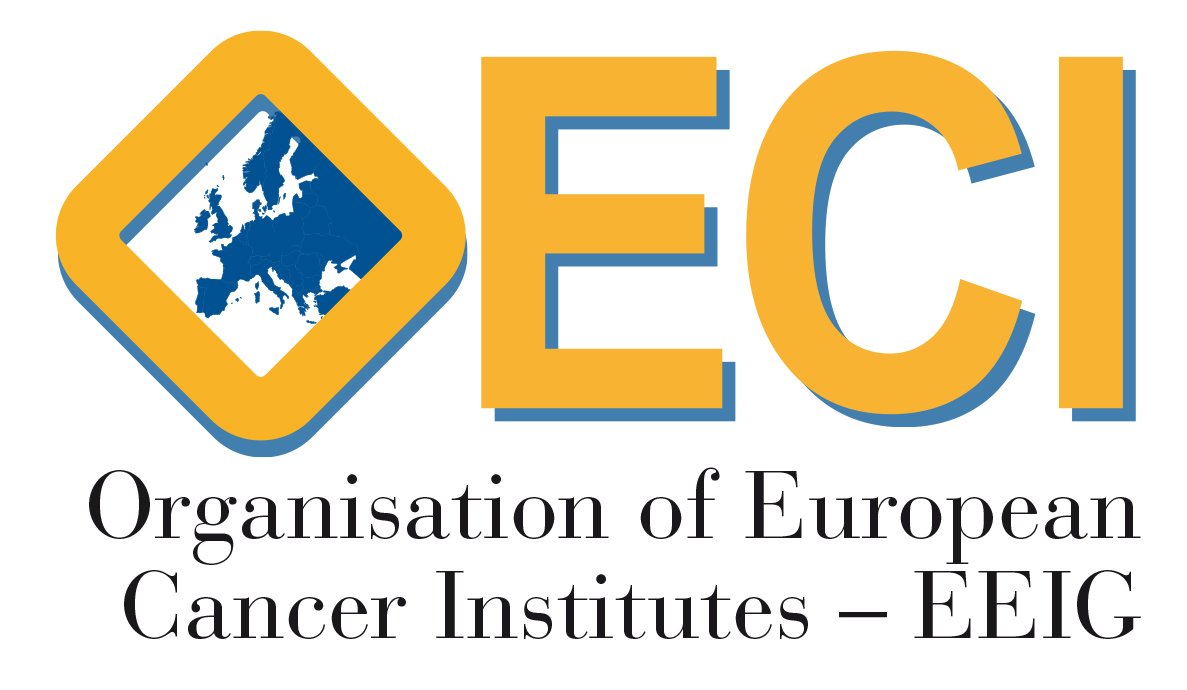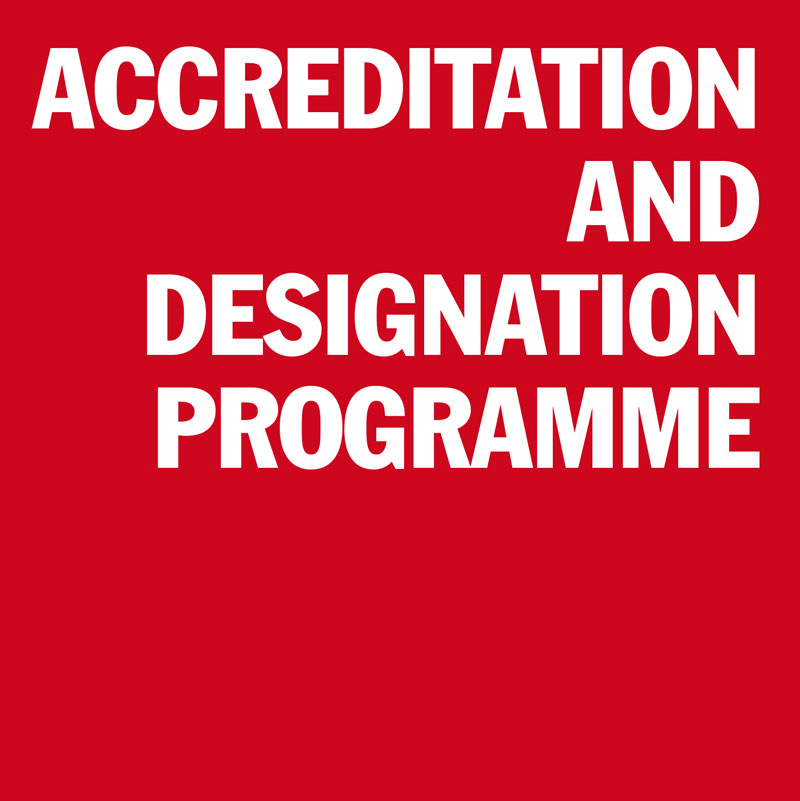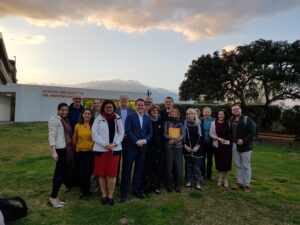OECI Leadership of the quality workpackage of the Joint Action on Rare Cancers
OECI is leading workpackage 5 (WP5) of the EU Joint Action on Rare Cancers (JARC) on Quality Assurance. One of the central pillars of the JARC is the support for the three cancer European Reference Networks (ERNs), EURACAN for adult solid cancers, Eurobloodnet for rare haematological malignancies, and PaedCan for childhood cancers. A related objective is to spur the creation or consolidation by Member States of new national networks of centres diagnosing and treating rare cancers. WP5 is an essential workpackage to assure the quality of the diagnosis and holistic care of rare cancer patients. It is complementary to the work of WP6 on the use of highquality Clinical Guidelines.
This work builds on OECI’s 11 years experience in cancer quality systems in Europe. Most of OECI’s assessment and evaluation work to date has been based on cancer centres. Networks pose significantly different challenges, and the quality standards which WP5 has crafted are a mix of standards which relate to the treatment and care given in individual centres, and quality standards which relate to the way the network connects together, and should offer a seamless continuity of care along the patient pathway.
JARC is now in its third and final year of work. In the first year of WP5 we reviewed all the existing forms of quality standards for networks globally in operation. The last year has been a process of honing the proposed standards down to those which are objective and essential measures of quality, ambitious but realistic.
On 26-27 March the WP5 and all associated parties met in the lovely Sicilian town of Catania for a consensus meeting on the Quality Standards and Indicators, hosted by the Insituto Oncologico del Mediterraneo. We held rounds of intensive interactive sessions looking in detail at the proposed Quality Standards and Indicators. One set of these is intended for recommendation and feeding into the proposed ERN system to be called AMEQUIS – Assessment, Monitoring, Evaluation and Quality Improvement System. The second set of Standards and Indicators is intended for recommendation to national policy-makers for use by emergent or future rare cancer networks. This second set would no doubt be adapted for national circumstances, although the standards have been crafted to be applicable to a wide variety of health systems and forms of network.
In the Catania session we were very pleased to rationalise the sets of standards, and reduce their number to 36 for the Cancer ERNs and 51 for National Networks. They follow the headings of the ERN Operational Criteria, being:
- Highly Specialised Healthcare
- Governance and Co-ordination
- Patient centredness and care
- Multi-disciplinary approach
- Good practice, outcome measures and quality control
- Research
- Education, training and development
- Networking and collaboration
- Infrastructure and Data
On quantitative indicators, the consensus group has honed the list down to 19 indicators of Structure, Process and Outcome (according to the Donabedian Model) and 4 extra cancer-specific indicators for the ERNs to add to the 18 indicators already agreed by the ERN monitoring group. The Catania meeting was pleased to involve Michell Battye from that ERN monitoring group to enable us to make the key recommendations. All these proposals will now be taken forward to the final recommendations of the JARC.



